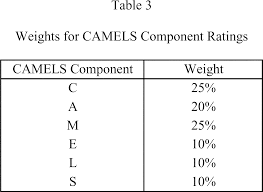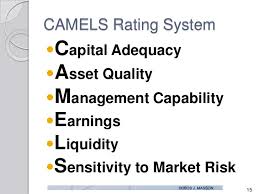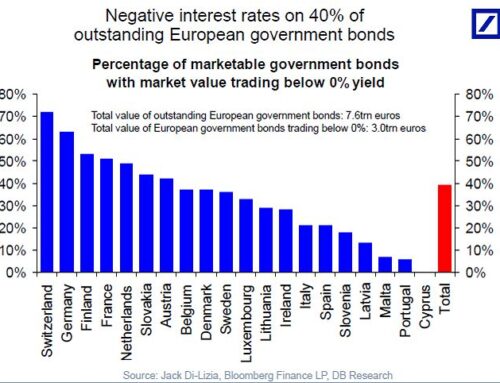The banking business is full of risk. Banking is taking extra chances to do its own business. They received money as Fixed Deposit. With the help of that money, they will give loans to others. The trouble is that what if the borrower did not pay the loans? What if Depositor comes and asks for his money before time? What if there is an insufficient return on the Loan book or other investments? It is a considerable risk for any bank. To take care of all this, a particular type of rating is helpful for banking. It is known as the CAMELS rating.

There is a meaning for all its Letter.
- C means capital, says Equity and Reserves. For doing business, money is essential. Banks are also no exception to this rule. This capital is like a cushion for the bank. It helps in absorbing the extra risk attached to the business. There are Basel norms for wealth and how much it should be, such as equity, preferred capital, debentures, etc. So it decided into three levels—tire I, II, and III.
- A means asset quality. To whom the bank is giving loans. It’s a big issue. If banks start giving subprime loans, it will affect their financial health as The loans offered are assets for the bank. If they don’t perform as expected, it is a big issue for the bank. The 2008 crisis is all about Subprime loans. Plus, today’s world is different. Giving loans is not only the business of banks. Some banks are doing many other companies. Take the example of CitiGroup. They are doing a lot more than just banking. The same is valid with state Bank, Deutsch bank, etc. We called it Financial Supermarkets. If this business is not performing, it also affects a bank’s financial health as there are certain costs related to every business.
- Management is the following criterion for it. If the management is good, the possibility of survival is higher. A perfect example is Vikram Pandit. During the crisis in Citibank, he manages it, and now the bank is in a good position. This part is not only limited to the inside. The Head of the central bank is also like bank management. Like Ben Bernanke. During the crisis, he is the Right Man at the Right Place. It helps the whole banking and economy of the US.
- E is earnings. As banking is also a business, then earning is also essential banking. If the profits are not good, then in another term, the banking company is ready to liquidate itself. It isn’t perfect for the whole business world. The bank is not only giving a loan but doing a lot much business like making a deposit. If it fails, then it means Deposits and not coming to you. Plus, most of the time, banking is like an icon of your economy. If it fails, then overseas investors think wrong about your economy. It affects in terms of employment generation.
- L means liquidity. Think of it this way. Banks collect money from one side and give a loan. If all of a sudden depositor comes or a saving account holder comes to it and asks for money, then what? Up to a specific limit, it’s possible, but how to decide what limit? Here, if the bank has a total fund worth 500 mn, then not all are available in liquidity. Some of them are there in the form of intangible money. It comes into existence as banks generate it through debt. So it increases the risk further.
- S means sensitivity to market risk. This factor arises all because of today’s market-driven economy. Banks are an integral part of the economy, so it is impossible for them to intact themselves from bubbles in the market economy. This is not one single factor but a combination of many. Like management play an important role here. If the quality of assets is good, that bank is not that much at risk. If sufficient capital is there with the bank, then possible for the bank survives even after a lousy windfall of profit. If liquidity is available or easy to liquidate some of your current assets, this bank is not at that much risk. If a reserve is open to hedging this situation and if it is sufficient, then the bank will be untouched by any bad situation. Banks will rate with this like rating 1, rating 2, etc. Rating 1 is very high security. Rating 5 is the worst.
I am going to end this post with a statement. If the banking system is robust, then the whole economy is intact for any Difficult situations.




